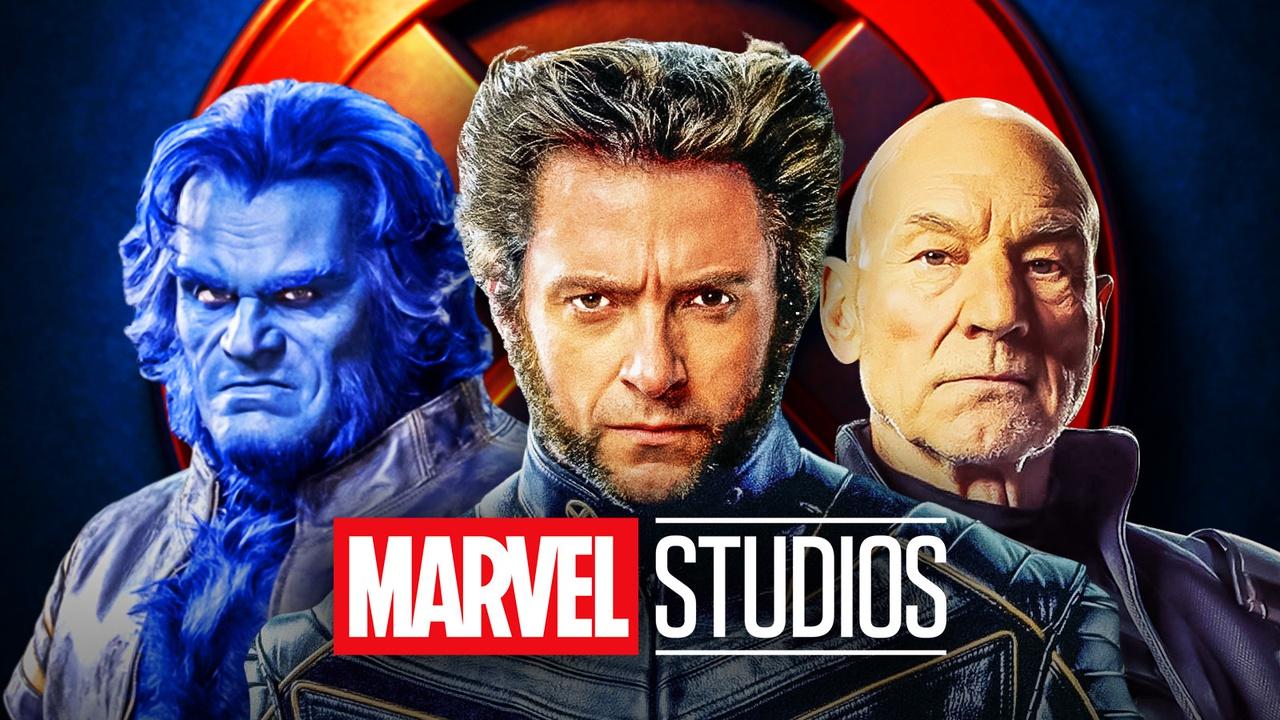
The Marvel Cinematic Universe (MCU) stands at the threshold of welcoming the X-Men, a team whose cinematic legacy spans over two decades under Fox’s banner, now poised for a grand rebirth following Disney’s 2019 acquisition of 20th Century Fox. Fans are buzzing with anticipation, although the reboot faced a few delays and won’t hit screens until after 2027. Hopefully, Marvel Studios uses this extended period well, ensuring the mutants’ debut avoids the stumbles that marked some of Fox’s efforts.
Fox’s X-Men franchise kicked off in 2000 with a groundbreaking film that helped define the superhero genre, introducing audiences to Wolverine, Magneto, and Professor X. Yet, as the series grew, it faltered, with creative missteps and inconsistent storytelling. From rushed plotlines to wasted potential, these flaws are now cautionary tales for the MCU, which has the chance to honor the X-Men’s rich history while weaving them seamlessly into its universe.
With Thunderbolt*'s Jake Schreier set to direct, the MCU’s X-Men reboot is in a prime position to learn from the past and deliver something extraordinary. One of the most crucial opportunities it has lies in redefining the tone and focus of the X-Men to reflect today’s social and cultural climate. The franchise has always had deep allegorical roots in civil rights and discrimination, but the MCU can refresh these themes with greater nuance.
What the MCU’s X-Men Reboot Needs To Succeed Where Others Fell Short
Creative Interference
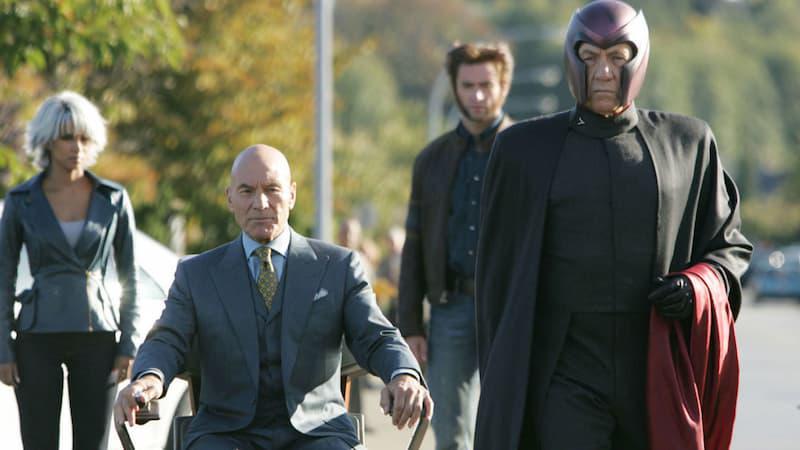
One of the biggest problems with Fox’s X-Men films was studio interference that compromised creative vision. X-Men: The Last Stand is a prime example. Director Bryan Singer left the project to work on Superman Returns, and Brett Ratner stepped in under a rushed production schedule. Fox executives also pushed to include the “cure” storyline alongside the Phoenix Saga, resulting in a disjointed and shallow narrative that failed to do justice to either arc.
This interference led to a film that lacked emotional weight and thematic coherence, especially compared to the potential of its source material. For the MCU reboot to succeed, Marvel Studios must ensure creative consistency and allow a single visionary team to shape the story's direction without conflicting mandates.
Iconic Storylines Were Wasted
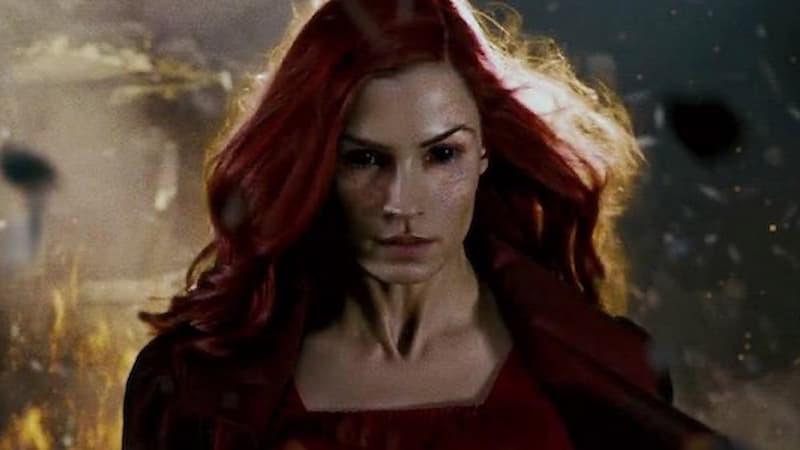
The Phoenix Saga is one of the most beloved and complex arcs in X-Men history, yet Fox failed it not once, but twice. Both X-Men: The Last Stand and Dark Phoenix underwhelmed fans with their superficial takes on Jean Grey’s transformation into the Dark Phoenix. Rather than embracing the cosmic and emotional depth of the comics, these adaptations reduced the saga to vague power surges and internal struggles with little buildup.
The MCU should treat these iconic stories with the gravity they deserve, taking time to develop characters like Jean Grey (read more about her interesting casting report) and building the emotional foundation for such a storyline. There is no need to rush into pivotal arcs like the Phoenix arc; it should be earned after audiences have connected with the characters.
Killing Major Characters Without Impact
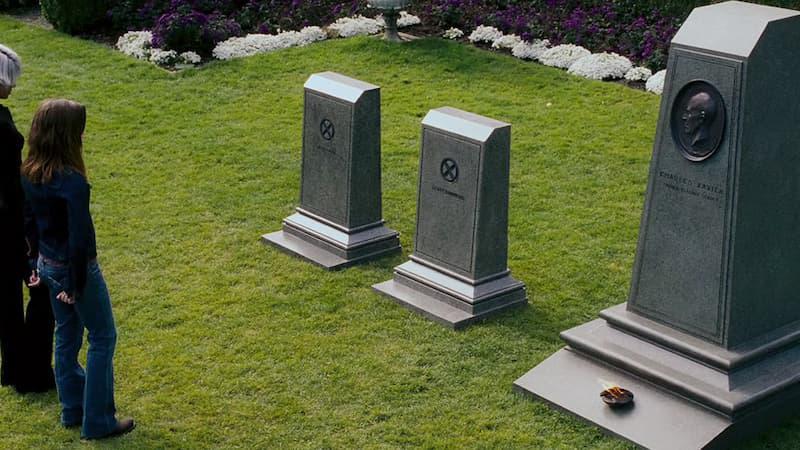
Fox’s X-Men films had a troubling tendency to kill off major characters with little narrative weight. X-Men: The Last Stand abruptly killed Cyclops, Professor X, and Jean Grey, while Dark Phoenix eliminated Mystique early in the film with minimal fallout. These deaths often felt like shock value rather than meaningful plot developments, robbing characters of proper closure and denying audiences emotional payoff.
In the MCU, deaths should serve a purpose and be treated with the significance they deserve. Marvel has shown a strong ability to handle character exits well, such as Tony Stark in Avengers: Endgame. The X-Men franchise must follow that same thoughtful approach.
Overstuffed Plotlines
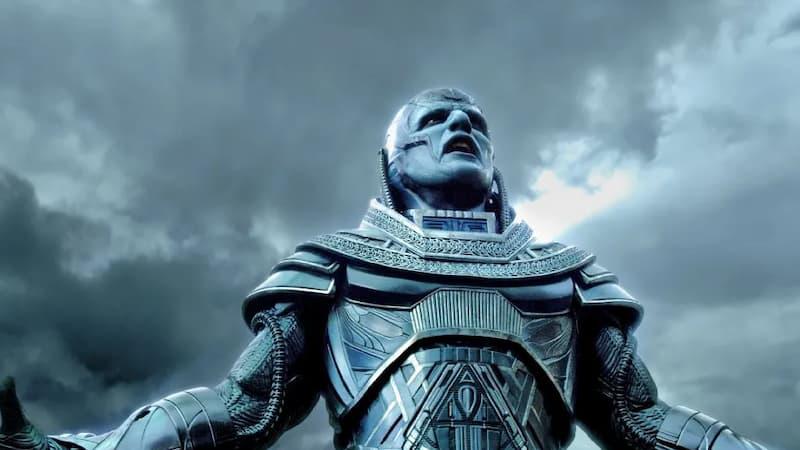
Several X-Men films simultaneously attempted to juggle too many plotlines, leading to bloated narratives and underdeveloped arcs. X-Men: Apocalypse tried to introduce Apocalypse, the Four Horsemen, and new versions of Jean Grey, Cyclops, and Nightcrawler. As a result, none of the characters received enough development, and the film felt more like a setup than a satisfying story.
Marvel must resist overcrowding the reboot with too many characters and subplots. A focused narrative with clear stakes and room for emotional development will go much further than trying to check every box in a single movie.
Underdeveloped New Characters
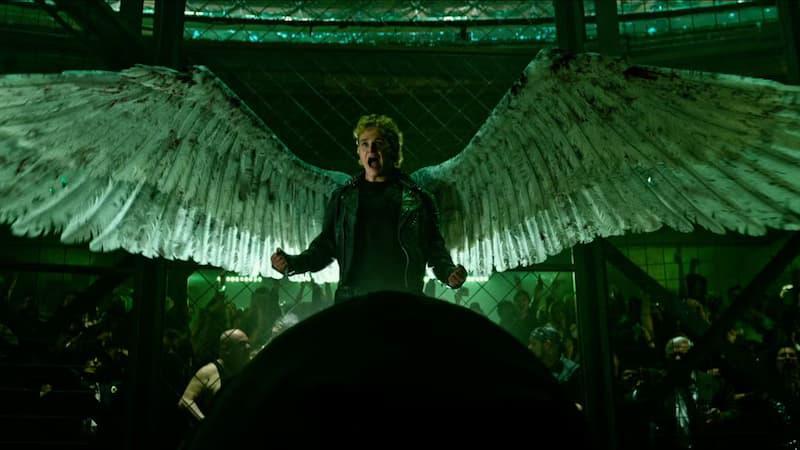
Despite introducing fan-favorite mutants like Psylocke, Jubilee, and Angel, many of Fox’s films failed to give these characters depth. For example, Olivia Munn’s Psylocke in Apocalypse had striking visuals but barely any dialogue or backstory. Similarly, Jubilee appeared briefly in X-Men: Apocalypse but had no meaningful role.
The MCU has a strong track record of building new characters; Shang-Chi and Moon Knight are great examples. Applying that same care to lesser-known mutants in the X-Men reboot (which will hopefully be included in Phase 7) will ensure a richer and more connected team dynamic. Characters like Storm, Rogue, and Iceman deserve the spotlight, not just cameo appearances.
Ignoring Core X-Men Themes
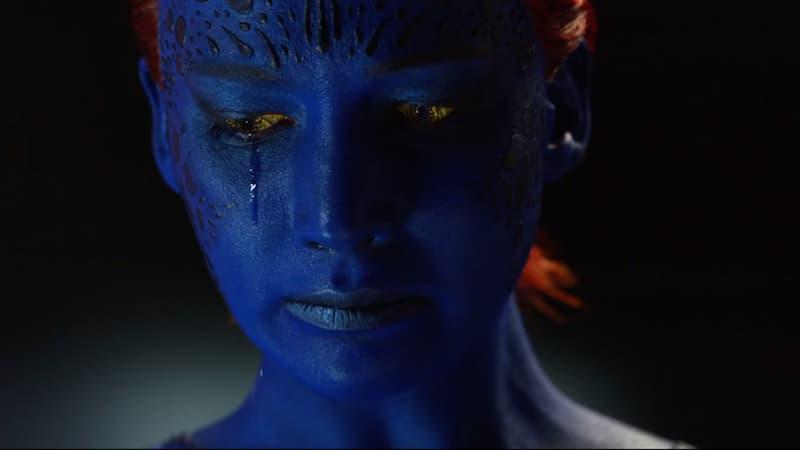
At its heart, the X-Men story has always been an allegory for marginalized communities, focusing on acceptance, identity, and the fear of the unknown. While some Fox films touched on these ideas, many leaned too heavily into spectacle and ignored the deeper themes that made the comics resonate.
The MCU has the opportunity to put those core themes front and center, especially in today’s cultural landscape. Meaningfully addressing discrimination, identity, and belonging will not only honor the source material but also make the X-Men feel relevant and powerful for modern audiences.
Inconsistent Continuity & Timelines
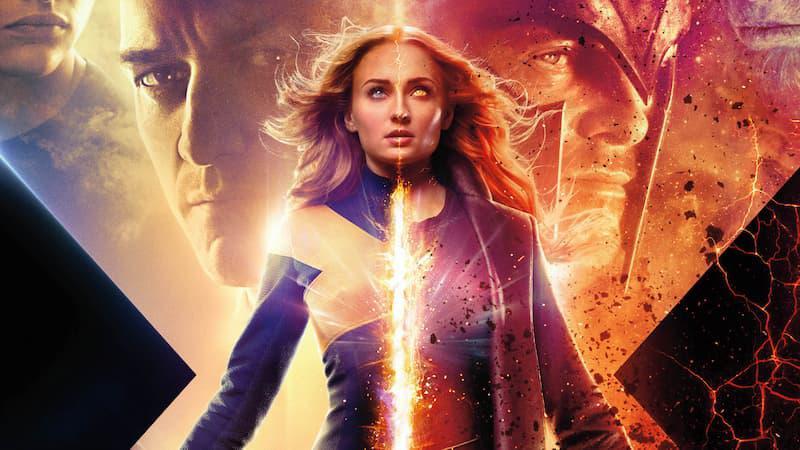
Fox’s X-Men franchise often struggled with inconsistent continuity and convoluted timelines, confusing audiences and undermining narrative coherence. The introduction of X-Men: Days of Future Past (2014) created a new timeline by altering events in 1973, but subsequent films like X-Men: Apocalypse and Dark Phoenix failed to maintain consistent character ages, motivations, or historical context.
For example, Mystique’s arc from a villain in the original trilogy to a hero in the prequels felt jarring, with little explanation for her shift. Additionally, X-Men Origins: Wolverine and The Wolverine (2013) introduced conflicting details about Logan’s past, creating plot holes that frustrated fans.
The MCU can avoid this by establishing a clear timeline for the X-Men reboot. With careful planning, Marvel could introduce mutants into a fresh universe or integrate them into the Sacred Timeline.
Geraldo Amartey is a writer at The Direct. He joined the team in 2025, bringing with him four years of experience covering entertainment news, pop culture, and fan-favorite franchises for sites like YEN, Briefly and Tuko.












